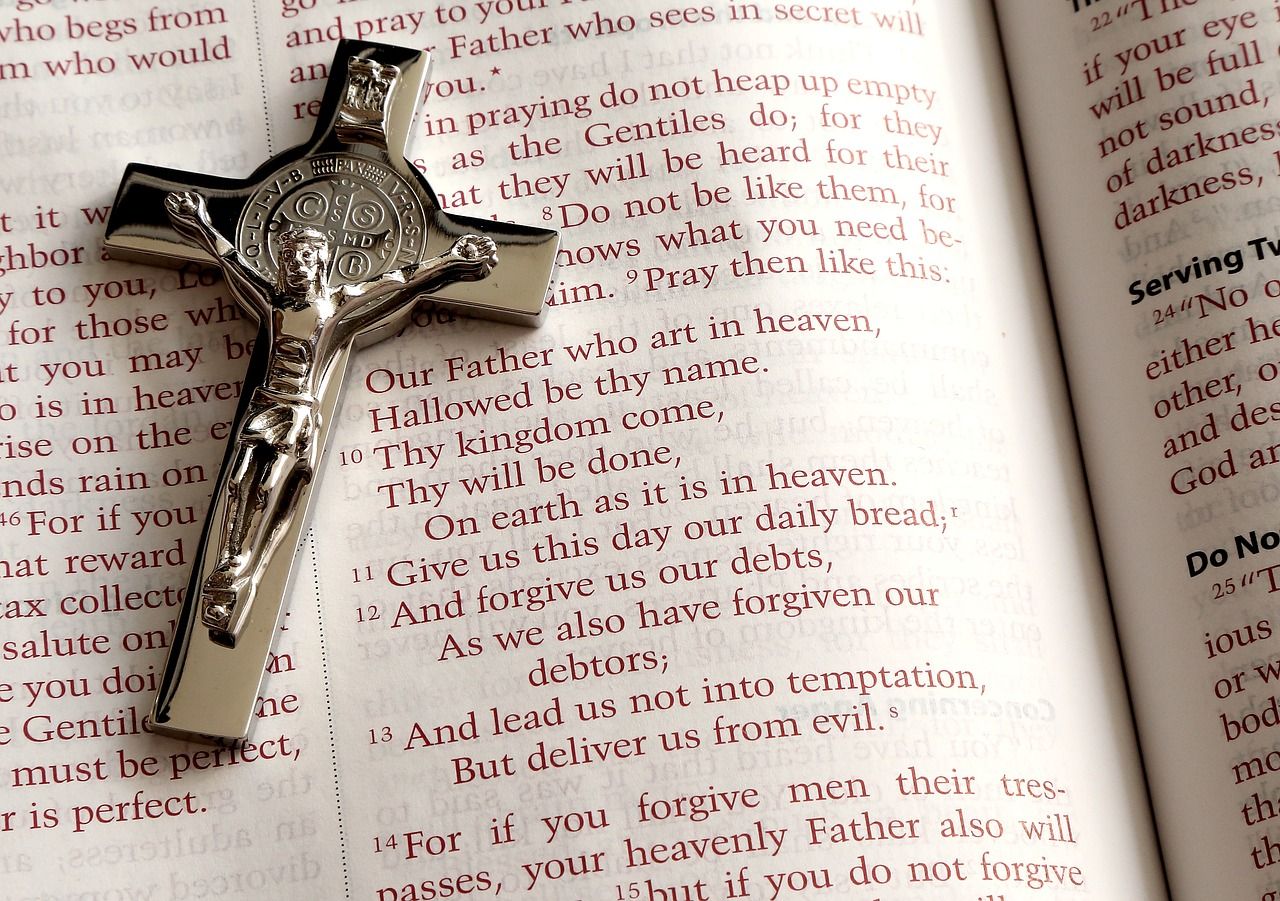Last time we talked about going to church in the Bible; today we look at foolishness. Both in the Old Testament and the New Testament, the Bible on several passages speaks strongly about the attribute of foolishness. Looking at the root of the word fool from the Hebrew context, it translates into five subtly differentiated variants of fools.
The genesis of foolishness is the rebellion against the instructions and teachings of scripture. Once you understand the characteristics of fools, your response to their statements and lines of thoughts will be full of wisdom and discernment. Read on to learn more about what the Bible says about fools.
What You'll Learn Today
Simple Fool

This fool lacks discernment and opens up his mind to every thought. In other words, he is a vulnerable fool. His view of life is overly simplified and doesn’t recognize the sequences of cause and effect that impact his life. In Proverbs 22:3, it is recorded:
“The prudent see danger and take refuge, but the simple keep going and pay the penalty.” (NIV).
In the Aramaic Bible in Plain English, the word simple is replaced by fool. In Hebrew, simple is denoted by the word pethîy from which the word pathah comes which means extreme vulnerability. Other scriptures that mention the simple fool include Proverbs 1:4, Proverbs 7:6-7, and Proverbs 19:25.
Silly Fool

This type of fool according to the Bible is full of perversion. In Hebrew, a silly fool is described by the word eviyl. In the book of Proverbs 10:14, the Bible says:
“The wise store up knowledge, but the mouth of a fool invites ruin.” (NIV)
In Proverbs 27:3, the Bible talks of the anger of a silly fool that can result in greater damage out of his actions. There is some sort of self-vindication that makes a silly fool believe that his thinking is always right. In this way, they end up despising wisdom and instruction from well-meaning friends and even scripture.
Proverbs 12:15
“The way of fools seems right to them, but the wise listen to advice.” (NIV)
Sensual Fool

Sensual fools rebel against authority whether spiritual or parental. In Hebrew, the word denoting a sensual fool is keciy. This person has no problem with mental health, but consciously rejects the wisdom of God. His main focus is on items and experiences that give him immediate pleasure. In fact, his glory is in things that should, in fact, be shameful. In Proverbs 10:23, the Bible says:
“A fool finds pleasure in wicked schemes, but a person of understanding delights in wisdom.” NIV
The unreasonableness of sensual fools often lands them in trouble. In Proverbs 18: 6-7, the source of the trouble has been zeroed in to the words that they speak. They ensnare their souls.
Scorning Fool

These are people full of contempt and disdain, especially towards their superiors and authorities. Apart from rejecting the truth, the Bible denotes these types of fools as people who have gone an extra mile to embrace that which is considered an abomination to God. In Psalm 1:1, the Bible gives a pictorial description of how foolishness progresses. In the last stage, the fool sits in the seat of the scornful.
“Blessed is the man Who walks not in the counsel of the unGodly, Nor stands in the path of sinners, Nor sits in the seat of the scornful;” (NKJV)
Any ideas and people that contradict the false thinking of a scorning fool are automatically treated with derisive behaviour, attitude, and speech. In Hebrew, the word for a scornful fool is contained in the word luwts.
Steadfast Fool

Of the five classes of foolish people according to the Bible, this is the most dangerous and extreme type. Their foolishness borders wickedness. In Hebrew, the word describing them is nabal which means a vile person.
Steadfast fools reject God in totality and do not follow His ways. In Psalm 14:1, the Bible writes:
“The fool says in his heart, “There is no God.” They are corrupt, their deeds are vile; there is no one who does good.” NIV
Another attribute of steadfast fools is that they want to draw as many people as possible into their evil ways of thinking.
The panacea to foolishness is a deliberate choice of wisdom and rejection of foolishness. This could either come from God’s reproach or an initiative from the fools themselves to abandon their ways as recorded in Proverbs 1:22.